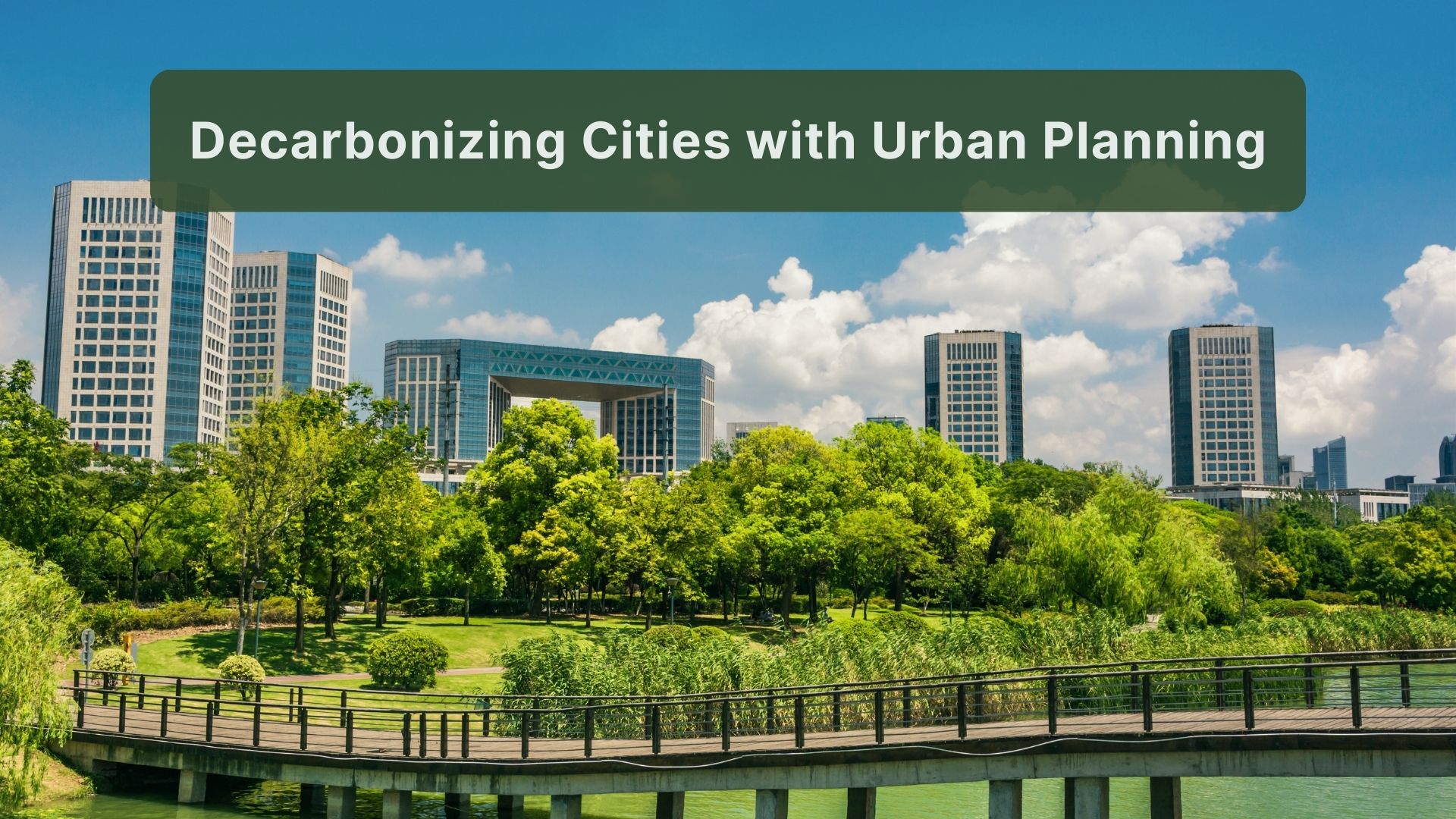15-Minute City: An Urban Planning Strategy to Reduce Carbon Emissions
Science

The COVID-19 pandemic had uncovered a possible strategy to decarbonize our cities. A huge portion of citizens have to commute to an urban core for work 5 days a week. With COVID-19 lockdowns in place, mobilization was reduced and as a result, global CO2 emissions in 2020 decreased by 17% from 2019 level [1]. This has inspired city planners to build regions with better infrastructure and local planning to reduce commuting distances, a concept related with the ‘15-minute city’.
Proposed by professor Carlos Moreno in 2016, the 15-minute city concept promotes proximity, diversity, density, and ubiquity. The idea came to mind when Moreno observed that 66% of public space in Paris is dedicated to cars, meanwhile individual cars only move 17% of the population and each car only has 2 people on average [2]. The principle of a 15-minute city is that everyone should be able to access basic social functions (living, working, supplying, caring, learning and enjoying) within a 15-minute walk or bike ride. Moreno believes that if our needs are met closer to home, people will be happier, more willing to protect their communities, and able to form better relationships. This is very different from how we design our cities in the last century, separating residential areas from business, retail, industry, and entertainment.
With walkable lanes and everything easily reachable, residents would be less reliant on car rides, hence reducing carbon emissions and redundant travelling time. If 100 people switch to biking, it would reduce approximately 460 metric tonnes of carbon emissions per year [1]. From an economic point of view, low-income families will benefit the most from a 15-minute city. It is predicted that a family in New York could save US$14,501 annually by switching from personal vehicles to public transport [1]. In the future, this may present a good opportunity to provide automated vehicle services to reduce the number of cars on streets.
Another way a 15-minute city can reduce emissions is through green spaces. Areas with concrete paving and only a bit of greenery are inclined to trap heat among buildings. The city of Paris has made a move by banning cars from core centers to create additional green spaces. In Canada, urban forests are estimated to remove approximately 16,500 metric tons of air pollutants per year [3]. Trees are not only improving air quality, but can also act as canopies that encourage people to walk more.
Although it is not feasible for all cities to transform into 15-minute cities. Here are a few samples on how the government and urban planners could implement some modifications to supports such as:
- Give up some space for cars to make wider pavements
- Subsidize business in city centers with tax incentives
- Shift from single-use commercial buildings to multi-function buildings
- Expand public transit routes and connectivity with public spaces
- Automate and optimize routes for door-to-door delivery fleets for efficiency and reduction of units on roads
- Establish ‘superblocks’ where through-traffic are restricted to the perimeter of the block only
Keep updated on decarbonization and carbon market topics by visiting our Insights page 🌳
References:
[1] Lui, B. (2021, February 10). The ’15-Minute City’ Model: Encouraging Sustainable Cities. Earth.org. https://earth.org/15-minute-city-model/
[2] Reimer, J. (2020). The 15-minute infrastructure trend that could change public transit as we know it. Here. https://www.here.com/learn/blog/15-minute-cities-infrastructure
[3] Wu, B., & Liu, C. (2023). Impacts of Building Environment and Urban Green Space Features on Urban Air Quality: Focusing on Interaction Effects and Nonlinearity. Buildings, 13(12), 3111. https://doi.org/10.3390/buildings13123111

